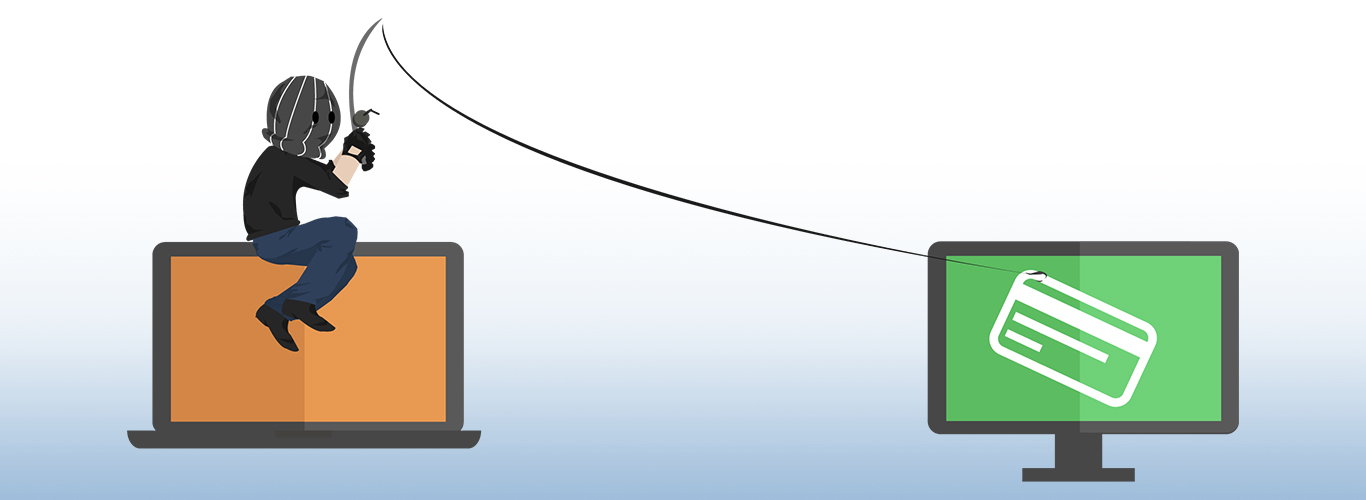Tips
All About Phishing Emails and Security Awareness

Millions of people, both locally and abroad, fall victim to banking fraud. Cybercriminals and fraudsters are getting harder and harder to detect these days, as their methods have increasingly advanced in terms of techniques and sophistication in order to out-maneuver the authorities and the users.
Internet scams make use of websites or online softwares in order to take advantage of someone. Fraudsters either harvest their victims’ identities to hack into their online bank accounts or use them to make new ones.
How scammers get your information
Scammers are known to employ a number of ways to obtain information and defraud their victims. Some of the common ones include:
-
Data breaches. When a data breach happens, private and sensitive information (like your email address, password, full name, birth date, etc.) is accessed or leaked by an unauthorized party. The said party may then use the private information in several ways like opening a new bank account, taking fraudulent loans under your name, or opening a line of credit. There have been a number of popular data breaches in recent history, including Facebook and Yahoo’s, where information of hundreds of millions of users around the world fell into the hands of a group of hackers.
-
Phishing. Sometimes called spoofing, phishing is an online scam where scammers impersonate legitimate companies to try and get people to “log in” to a duplicate, fake website. This fake website is used to harvest information such as usernames, passwords, bank information, birthdates, etc. Typically, phishing scams are written with a sense of urgency and require you to act immediately.
While online scams are indeed scary, there are steps you can do to secure your email and make it difficult for scammers to get a hold of you.
Here’s how to stop scam emails from getting into your inbox.
Stay updated
First and foremost, you’ll need to constantly read about phishing email awareness to know the latest scams going on around the Internet. Metrobank constantly provides our clients with updates on the different banking fraud schemes that are circulating, whether that’s through email, SMS, or even social media, so our clients know what to look out for.
Change passwords regularly
Change your email password often and avoid using the same password for your other accounts (i.e., bank accounts, email addresses, social media accounts). To make your password as secure as possible, use a combination of capital and lowercase letters, numbers, and special characters. Password vaults, like LastPass, are also useful because they encrypt all your data and suggest secure passwords that are difficult for even the most experienced of hackers to guess. Best of all, a password vault saves you the effort and trouble of memorizing or writing down all your passwords and usernames.
Only trust encrypted websites
Secure websites start with “https” instead of just “http.” While it does not always guarantee that the site is 100% safe, it does at least offer you another layer of protection.
Don’t open attachments or click on links from unknown senders
The last tip you should remember when it comes to phishing email security awareness is to only click on links and attachments from senders you trust. Attachments and unknown links, especially shortened ones, could contain malware that could damage your device or scrape it for sensitive information. If you receive an email claiming to be your bank, telephone company, subscription network, and the likes, and they are requesting for information, don’t click on the link. Instead, type in the company’s website (the one you typically visit) on your browser manually or call the hotline.
Help us #FightFraud
Now that you’ve learned how to stop receiving phishing emails, it’s your job to pay it forward. If you suspect you’ve been a victim of fraud, call us immediately and report the fraud incident to (02) 88-700-700 or 1-800-1888-5775. You can also email us at customercare@metrobank.com.ph using “Report on Possible Fraud” as the subject.
Metrobank takes fraud seriously. You can be part of the fight. Browse through our articles and learn more about how we can fight fraud together.
More Smart Reads